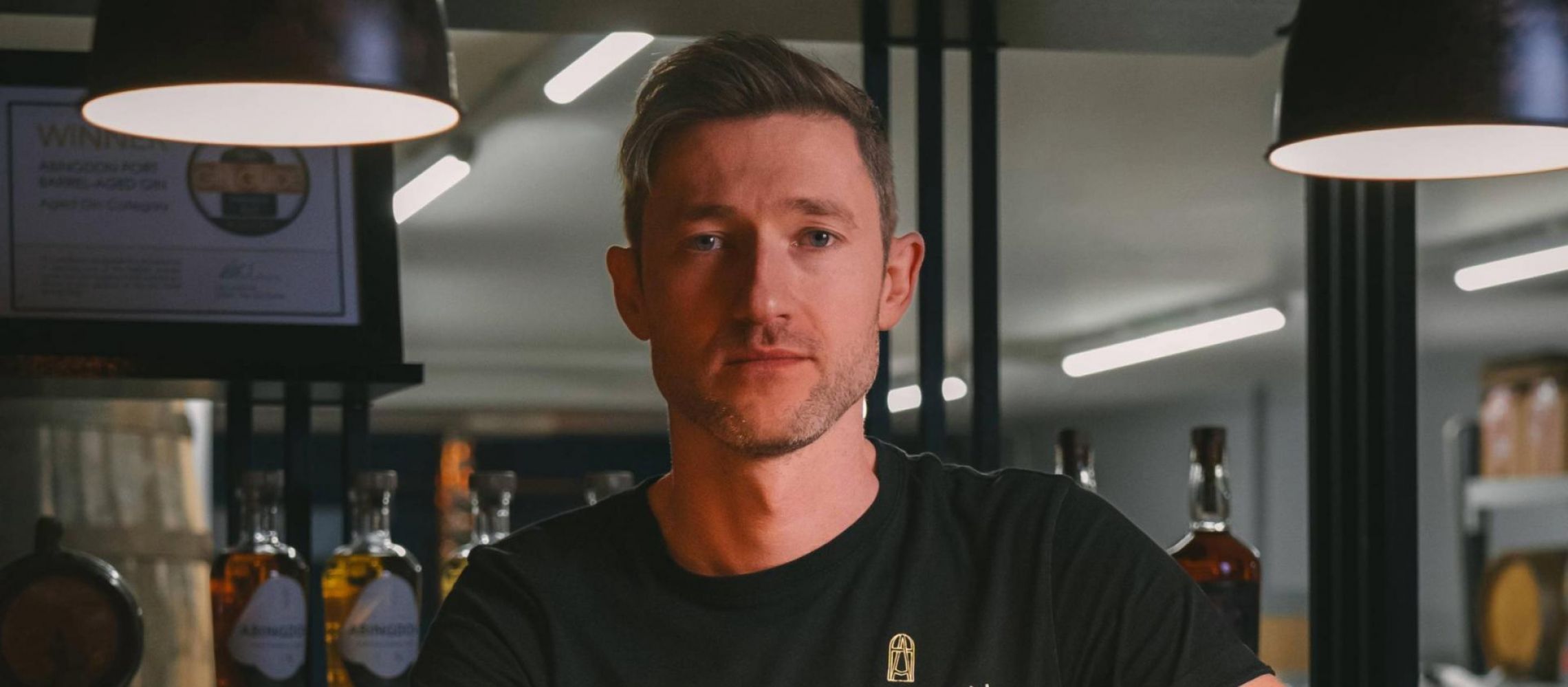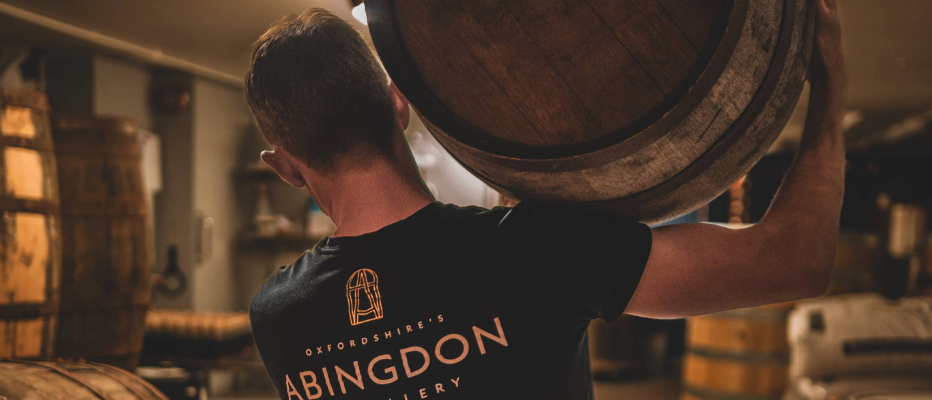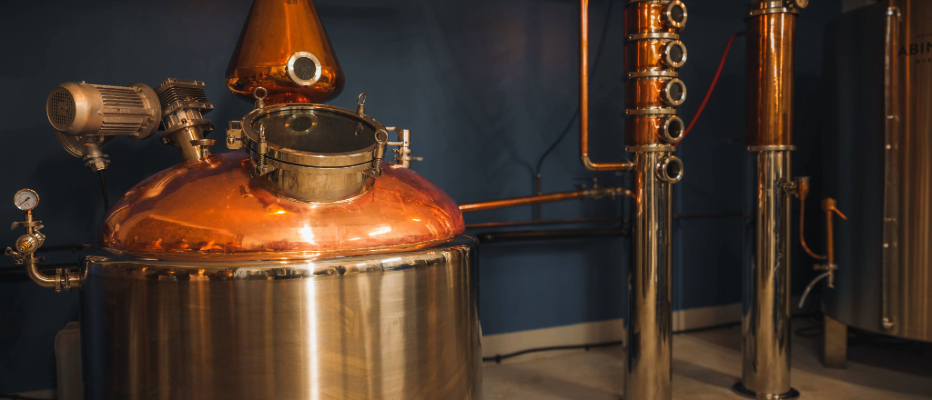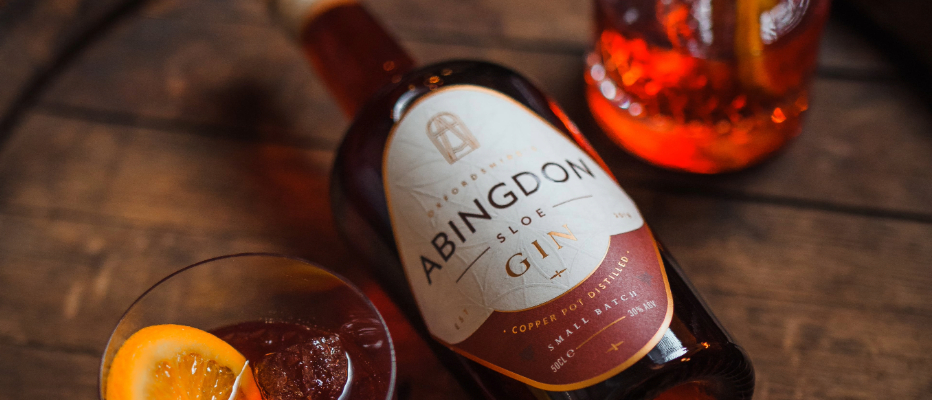Submission Deadline
28 February 2026
Judging
Date
24 & 25 March 2026
Winners Announcement
22 April 2026
28 February 2026
24 & 25 March 2026
22 April 2026

Jordan Morris, owner and Head Distiller at Abingdon Distillery, has crafted distinctive spirits like Abingdon Gin, Wild Oxen Rum, and English Single Malt Whisky. Each expression is a testament to his dedication and hard work, with a focus on quality and meticulous attention to detail from start to finish. In an interview with the London Spirits Competition, Morris discusses his all-encompassing role at the distillery, where he's hands-on in every aspect—from production to the business side.
I worked in London’s hospitality industry for 12 years and was around spirits and wines a lot, especially when I collaborated with different brands. I even liked collecting rare spirits, which I still do. However, none of that actually made me think that I should become a distiller. The thought came when I was in Hong Kong when I realised that there weren’t enough high-quality spirits out there. I decided to take things into my own hands and create one myself. I was also looking to settle down in the countryside and lead a quiet life, so I moved to Oxfordshire and opened my distillery in Abingdon, where we not only make gins but also rums and whiskies.
Also read: Building a distillery during the pandemic
At Abingdon Distillery, we typically begin our days early and start the distillation process. Once the still is filled up and turned on, we clean the fermentation tank and get it ready for the next batch. Around this time, we go out for a quick coffee break so that we can come back and spend the afternoon bottling, labelling and boxing up orders. I also catch up on emails. On the days we are not filling up barrels, I like to go out, drumming up new business & trade accounts.

Image Title: Owner and Head Distiller Jordan Morris
A good distiller is someone who understands the different spirit categories and the characteristics that make each spirit tasty. They should also be creative, bringing something new and delicious to the table while respecting traditions. They should definitely have an acute sense of smell, as having a good sense of smell is key when operating the still during those cut points. A discerning palate is a must too, as it makes it easier for them to sample & tweak recipes and make them better.
We've just started producing rye whisky, so I've recently been diving deep into learning about the grain and sampling a variety of rye whiskies. It has been a tough job.
[[relatedPurchasesItems-63]]
I have always found it difficult to decide if a product is ready or not. Even after going through so much research and development, I get sceptical and think that the drink might need a few more tweaks. There have been moments when I've completed a spirit, only to have a nagging thought that something should be adjusted. It creates a kind of mental battle—striving to keep improving when, in reality, no further changes are needed.
Also read: Bringing Sunshine to Spirits: The California Citrus Story Behind Ginagain
We have numerous strategies for that. First, we ferment in open-top wooden washbacks that have been lightly charred to stimulate the inside, allowing for more flavour interaction. Plus, the open-top design allows wild yeast and bacteria to enter the fermentation, creating another layer of complexity. Timing is also important. Our whisky is fermented for at least 8 days, while our rum requires at least 14 days. This extended fermentation period enables the yeast and bacteria to fully produce a diverse range of tastes. We make our whisky with a blend of two separate yeast strains. Each strain has its own distinct aroma and texture characteristics that complement one another perfectly.

Image Title: Abingdon Distillery
Distillers can share their stories and talk about how and why a spirit is made a certain way. There's a method to our madness from start to finish and it is really important to highlight our hands-on approach at every stage of our processes.
When I am pitching a product, I always focus on two things. Firstly, I talk about the flavour profile, pointing out its unique aspects and how great it tastes. Then, I share the amount of hard work that was put into the manufacturing process. We handcraft each expression with precision, choosing only the best raw materials, manually mashing in our grains with a paddle and labelling each bottle with our hands. We put so much time and effort into each bottle and that is evident in each bottle.

Image Title: Abingdon Gin
Whether it is energy source, glass, grain or sugar, the cost of everything has risen sharply over the last two to three years. Not to mention the high duty taxes that have also made costs a main concern for us. Margins are being eroded, and the latest budget didn't do anything to help spirit producers or bars and pubs.
We implemented a closed-loop water system for our still condensers to conserve water, avoiding waste each time we distill. To minimise our environmental impact, we also eliminated plastic from our bottles and packaging, choosing suppliers who prioritise recycled paper and cardboard. A few years ago, we transitioned to a lighter bottle that uses less glass, further reducing our carbon footprint. Additionally, we run a monthly tree-planting campaign, planting seedlings to support a greener future.
We donate all our waste grain, fruit & botanicals to the local farmers who feed it to their cows & pigs. It is a win-win situation for both us and the farmers since it helps us to be sustainable while helping them to cut down on feed costs.
Header image by Jordan Morris
Related links
From IT to Spirits: Gary Ford on His Evolving Distilling Journey
Gin Trends for Bartenders in 2024-25: Insights from the 2024 London Spirits Competition
Show your spirits where it matters. Get your products tasted by top bartenders, buyers and experts at the London Competitions — enter now.